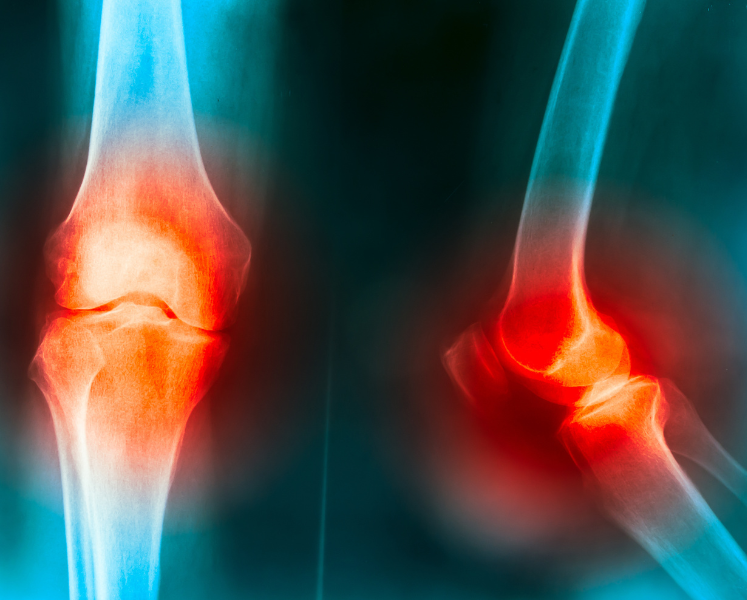Do you suffer from chronic joint pain? If so, you may be wondering if the carnivore diet could help to alleviate your symptoms. The carnivore diet is a type of eating plan that consists of only animal products. While it may seem extreme to some, many proponents of this diet claim that it can provide relief from joint pain and other ailments. In this blog post, we’ll explore the potential benefits of a carnivore diet for joint pain, as well as possible drawbacks.
What is the Carnivore Diet?
The carnivore diet is an increasingly popular eating plan that focuses exclusively on the consumption of animal-based foods, particularly meat, with little to no plant-based foods. Proponents of the diet suggest that it can provide numerous health benefits, including increased energy and improved digestion (1). They believe that eliminating plant-based foods reduces inflammation in the body and can improve overall health.
How Does the Carnivore Diet Help Joint Pain?
The carnivore diet may provide potential benefits for joint pain. While there have been no conclusive studies regarding this specific diet, a high-protein, low-carbohydrate diet was shown to reduce inflammation (2) and improve joint function (3). A study from 2013 concluded that a high-protein, low-carbohydrate diet helped reduce levels of C-reactive protein, which is associated with inflammation (4).
However, you should be aware that processed meat has been linked to inflammation, so make sure to avoid consuming it as part of your diet. It’s also important to make sure you are consuming enough nutrients from other sources such as fruits and vegetables. Any dietary change should be done with caution and in consultation with your healthcare provider.
What Are the Potential Risks of the Carnivore Diet?
The carnivore diet is a restrictive way of eating that eliminates most plant-based foods and relies almost exclusively on animal products for nutrition. While this approach may help reduce joint pain, there are also potential risks to consider. One of the major drawbacks of this type of diet is that it can be nutritionally deficient, as it eliminates some important nutrients found in plant-based foods, such as fiber and certain vitamins and minerals. Lastly, long-term adherence to this diet can lead to an unbalanced gut microbiome which can cause health issues down the road.
There are also several studies showing advantages of plant-based protein for joint pain (5, 6). Many plant foods can be beneficial for joint health due to their anti-inflammatory properties. These include certain fruits, vegetables, nuts, seeds, and legumes. Hence, cutting out all plant-based foods might not be the best decision for those combatting joint inflammation. Overall, the carnivore diet is not suitable for everyone and should only be undertaken after careful consideration and consultation with a qualified healthcare provider.
How to Relieve joint pain without changing your diet
The carnivore diet may be too extreme for some. Additionally, the evidence backing it is not conclusive. If you feel that this diet is not for you, here are some other options for relieving joint pain that don’t include making drastic dietary changes.
1. Exercise: Regular exercise is essential for reducing joint pain, improving mobility, and keeping the joints strong. Activities like swimming, yoga, and low-impact aerobics can help reduce inflammation and stiffness in the joints.
2. Heat and cold therapy: Alternating between hot and cold treatments can help reduce joint pain. Applying heat to the affected area helps to relax the muscles and improve circulation. Cold treatments can reduce swelling and inflammation in the joints.
3. Supplements: Supplements containing glucosamine and chondroitin can be beneficial for relieving joint pain. These substances naturally occur in healthy cartilage and may help reduce inflammation. Omega-3 fatty acids can also help reduce inflammation in the joints. Whichever supplement you decide to take, make sure it is a high-quality product manufactured by a reputable company.

4. Physical therapy: Working with a physical therapist can help strengthen the muscles around the joints and improve flexibility. A physical therapist can teach you how to properly perform exercises that will strengthen your muscles and reduce joint pain.
5. Acupuncture: This ancient practice has been used to reduce joint pain for centuries. Tiny needles are inserted into specific points on the body to help reduce inflammation and improve circulation.
In Conclusion
The carnivore diet is gaining a lot of attention as a potential dietary solution to joint pain and other chronic health issues. While it is still largely unproven, the anecdotal evidence suggests that it could be effective for some people. It is important to remember, however, that the diet carries its own risks, such as nutrient deficiencies. Exercise, heat and cold therapy, nutritional supplements, physical therapy, and acupuncture may be good alternatives for those looking to relieve joint pain without making restrictive dietary changes. By exploring all of these options, you can find the best solution for your joint pain. Just make sure you consult your healthcare professional before trying out the carnivore diet or embarking on an alternative plan.



